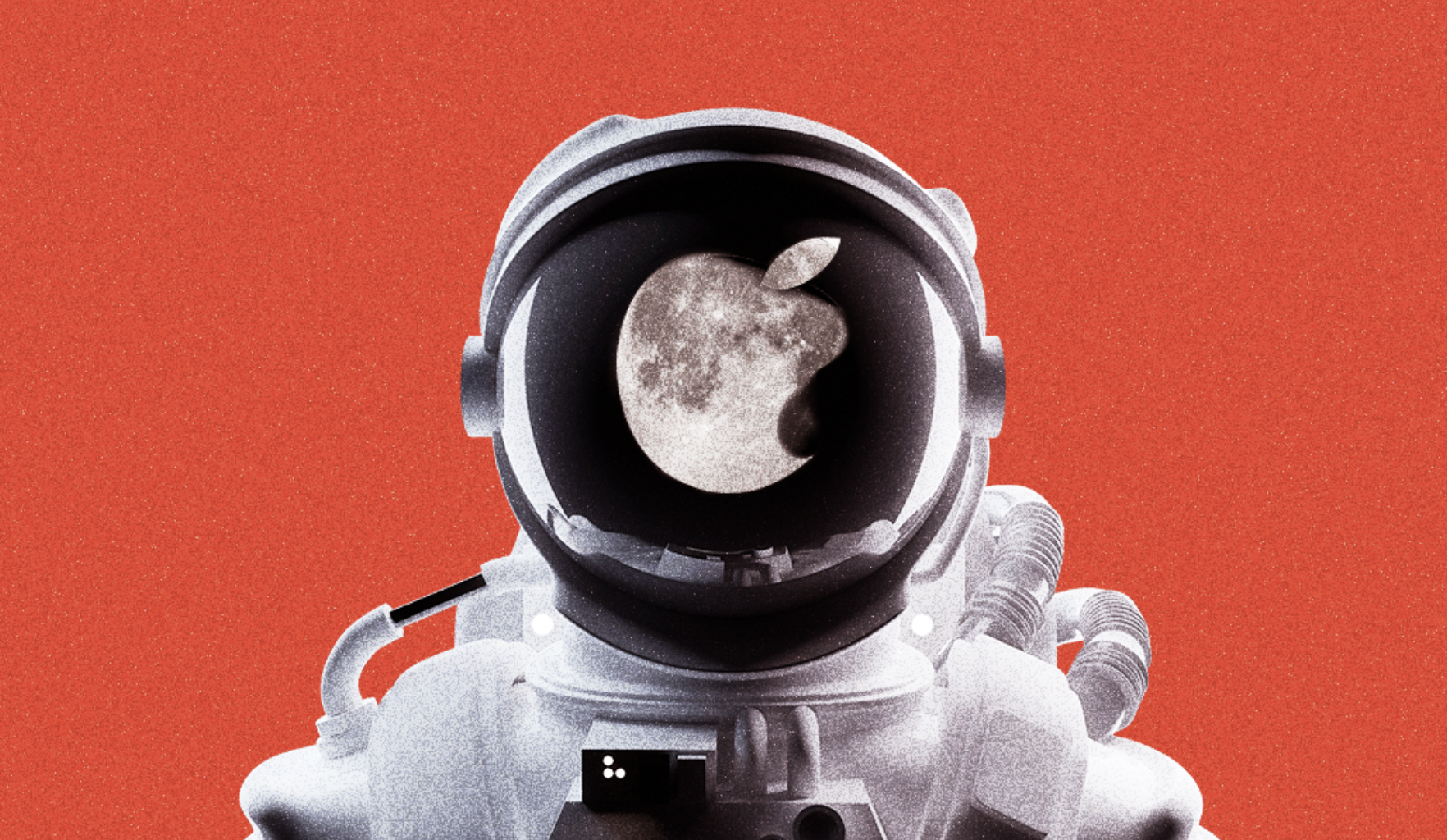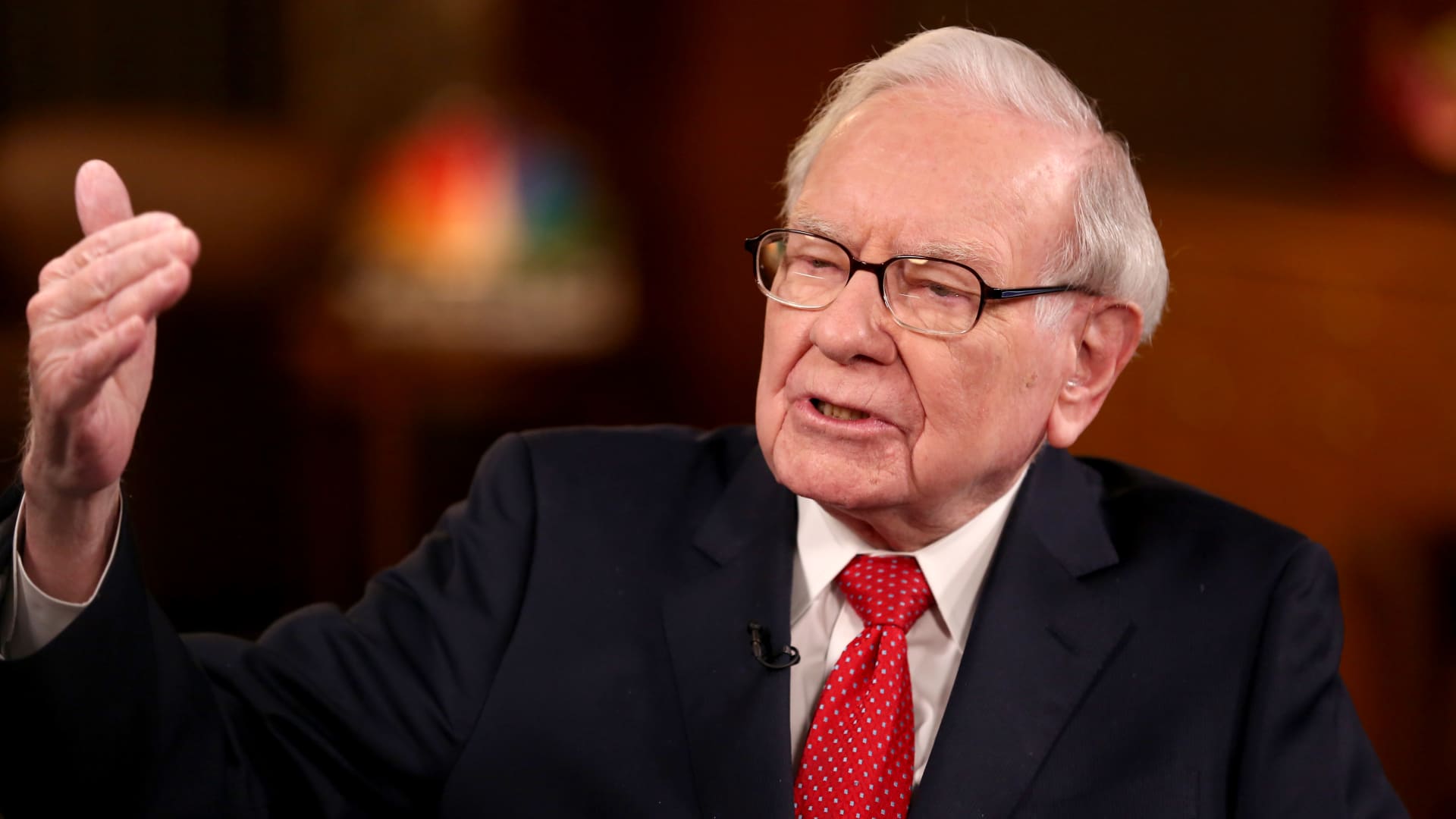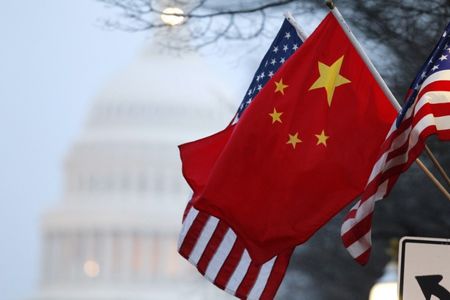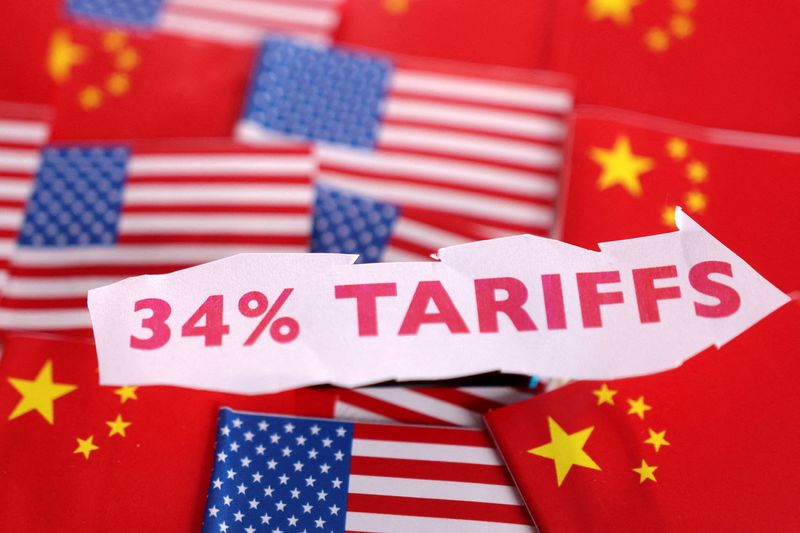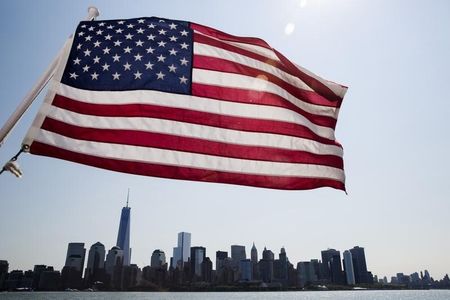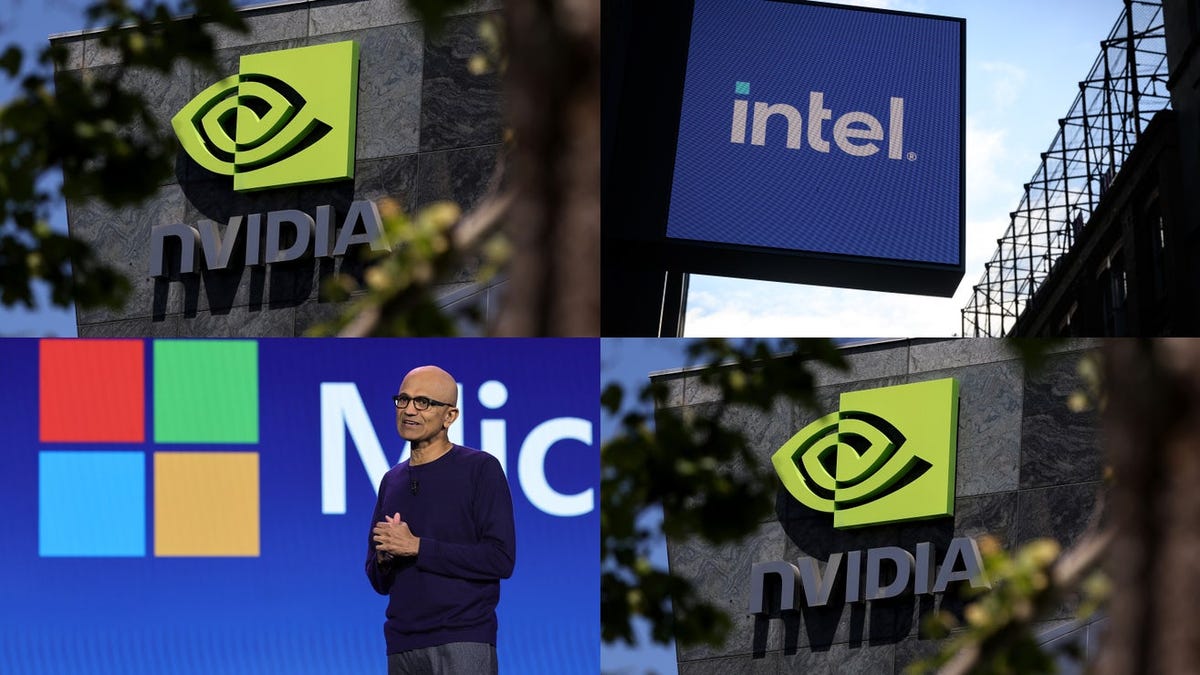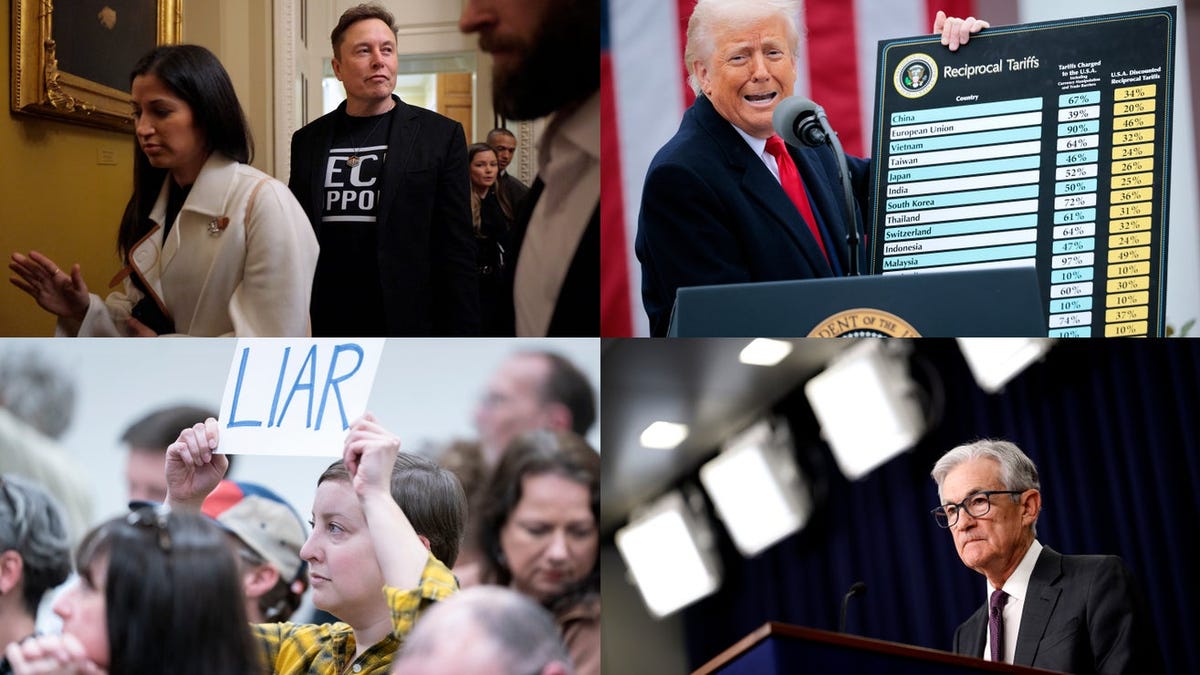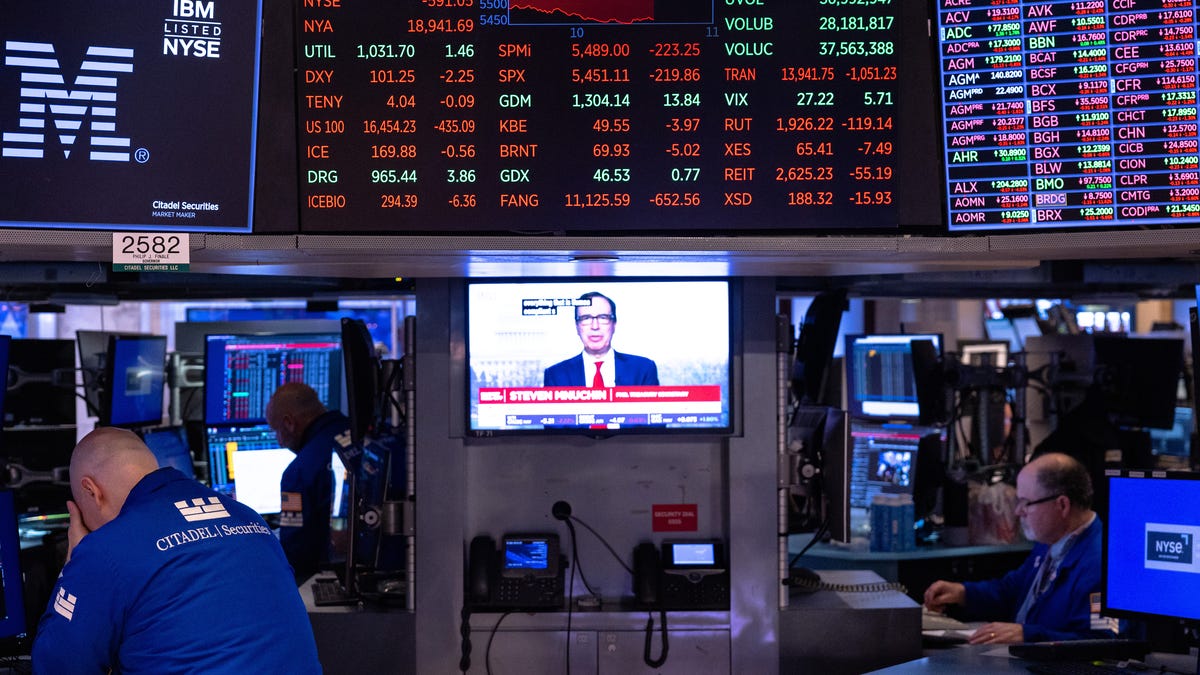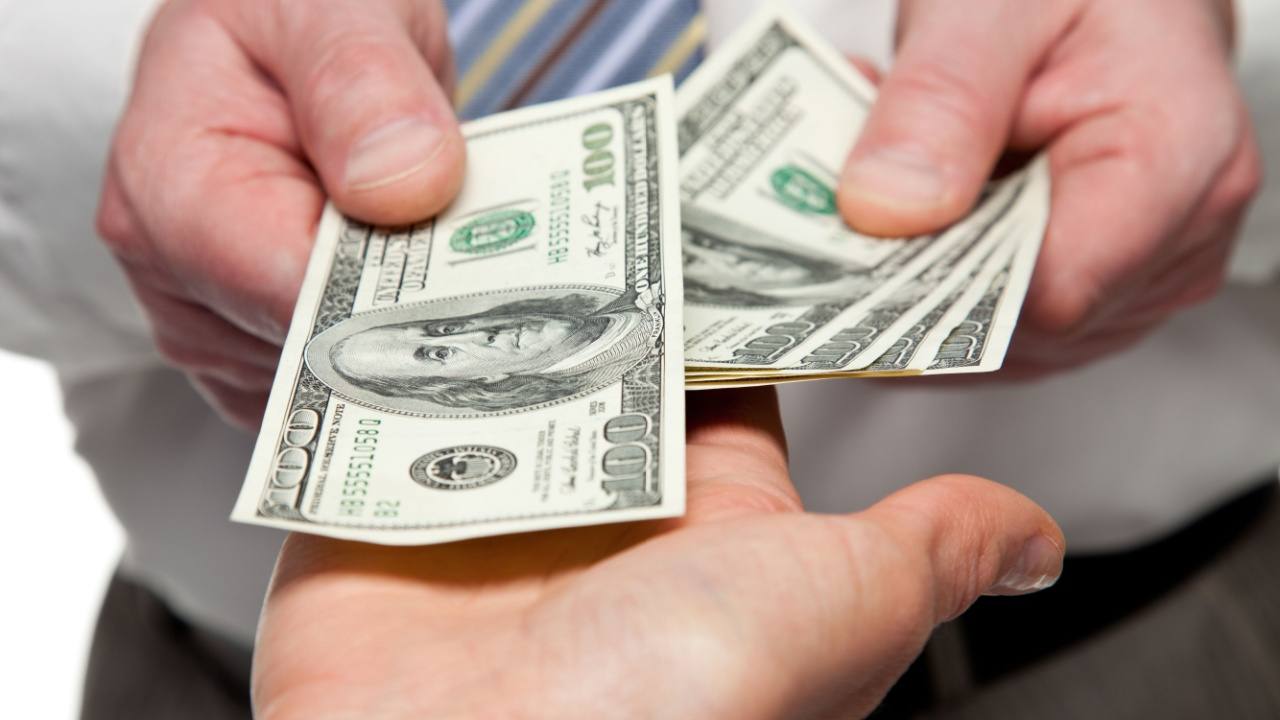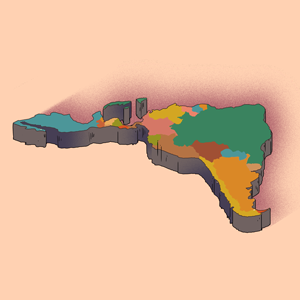Impact of Trump’s tariffs: Markets crash, China hits back, no deal on TikTok
The global markets and economy continue to be in turmoil over the imposition of tariffs by US President Donald Trump


The imposition of additional tariffs on all imports into the United States by President Donald Trump continues to have wide ramifications across stock markets, economy and business dealings.
Here are few key developments.
S&P 500, Dow Jones and Nasdaq indices crash
The worldwide sell-off for financial markets slammed into a higher, scarier gear. The S&P 500 plummeted 6 per cent Friday, the Dow Jones Industrial Average plunged 5.5 per cent, and the Nasdaq composite dropped 5.8 per cent.
Markets are facing their worst crisis since the COVID crash after China matched President Trump's big raise in tariffs in an escalating trade war. Not even a better-than-expected report on the US job market was enough to stop the slide. The price of oil slid to its lowest level since 2001.
So far there have been few, if any, winners in financial markets from the trade war. European stocks dropped roughly 5 per cent. The price of crude oil tumbled to its lowest level since 2021. Other basic building blocks for economic growth, such as copper, also saw prices slide on worries the trade war will weaken the global economy.
China's response to US tariffs caused an immediate acceleration of losses in markets worldwide.
Markets briefly recovered some of their losses after the release of Friday morning's US jobs report, which said employers accelerated their hiring by more last month than economists expected. It's the latest signal that the US job market has remained relatively solid through the start of 2025, and it's been a linchpin keeping the US economy out of a recession.
But that jobs data was backward looking, and the fear hitting financial markets is about what's to come.
China to impose 34% tax on all US imports
China announced on Friday that it will impose a 34 per cent tax on all US imports next week, part of a flurry of retaliatory measures to US President Trump's new tariffs that delivered the strongest response yet from Beijing to the American leader's trade war.
The tariffs taking effect Thursday match the rate that Trump this week ordered imposed on Chinese products flowing into the United States. In February and March, Trump slapped two rounds of 10 per cent tariffs on Chinese goods, citing allegations of Beijing's role in the fentanyl crisis.
The new measures also include more export controls on rare earth minerals, which are critical for various technologies, and a lawsuit at the World Trade Organization over what Trump has dubbed reciprocal tariffs.
China also suspended imports of sorghum, poultry and bonemeal from six US companies, added 27 firms to lists of companies facing trade restrictions, and launched an anti-monopoly investigation into DuPont China Group Co., a subsidiary of the multinational chemical giant.
Trump posted Friday on Truth Social: “CHINA PLAYED IT WRONG, THEY PANICKED - THE ONE THING THEY CANNOT AFFORD TO DO.”
TikTok sale deal delayed
President Trump on Friday said that he is signing an executive order to keep TikTok running in the US for another 75 days to give his administration more time to broker a deal to bring the social media platform under American ownership.
The order was announced as White House officials believed they were nearing a deal for the app's operations to be spun off into a new company based in the US and owned and operated by a majority of American investors, with China's ByteDance maintaining a minority position, according to a person familiar with the matter.
But Beijing hit the brakes on a deal Thursday after Trump announced wide-ranging tariffs around the globe, including against China. ByteDance representatives called the White House to indicate that China would no longer approve the deal until there could be negotiations about trade and tariffs, said the person, who spoke on the condition of anonymity to discuss the sensitive details of the negotiations.
Congress had mandated that the platform be divested from China by January 19 or barred in the US on national security grounds, but Trump moved unilaterally to extend the deadline to this weekend, as he sought to negotiate an agreement to keep it running. Trump has recently entertained an array of offers from US businesses seeking to buy a share of the popular social media site, but China's ByteDance, which owns TikTok and its closely held algorithm, has publicly insisted the platform is not for sale.
But on Friday it became uncertain whether a tentative deal could be announced after the Chinese government's reversal of its position complicated TikTok's ability to send clear signals about the nature of the agreement that had been reached for fear of upsetting its negotiations with Chinese regulators.
Tariffs may lead to higher inflation: US Fed
The Trump administration's expansive new tariffs will likely lead to higher inflation and slower growth for the US economy, Federal Reserve Chair Jerome Powell said Friday.
Powell said that the tariffs, and their likely impacts on the economy and inflation, are “significantly larger than expected.” He also said that the import taxes will probably lead to “at least a temporary rise in inflation,” but added that “it is also possible that the effects could be more persistent.”
“Our obligation is to ... make certain that a one-time increase in the price level does not become an ongoing inflation problem,” Powell said in remarks delivered to a conference of the Society for Advancing Business Editing and Writing.
Powell's focus on inflation suggests that the Fed will likely keep its benchmark interest rate unchanged at about 4.3% in the coming months, rather than cut them anytime soon. Higher borrowing costs can help slow the economy and cool inflation. Wall Street investors, meanwhile, now expect five interest rate cuts this year, a number that has increased since President Trump announced the tariffs Wednesday.
Edited by Swetha Kannan



![How to Find Low-Competition Keywords with Semrush [Super Easy]](https://static.semrush.com/blog/uploads/media/73/62/7362f16fb9e460b6d58ccc09b4a048b6/how-to-find-low-competition-keywords-sm.png)





